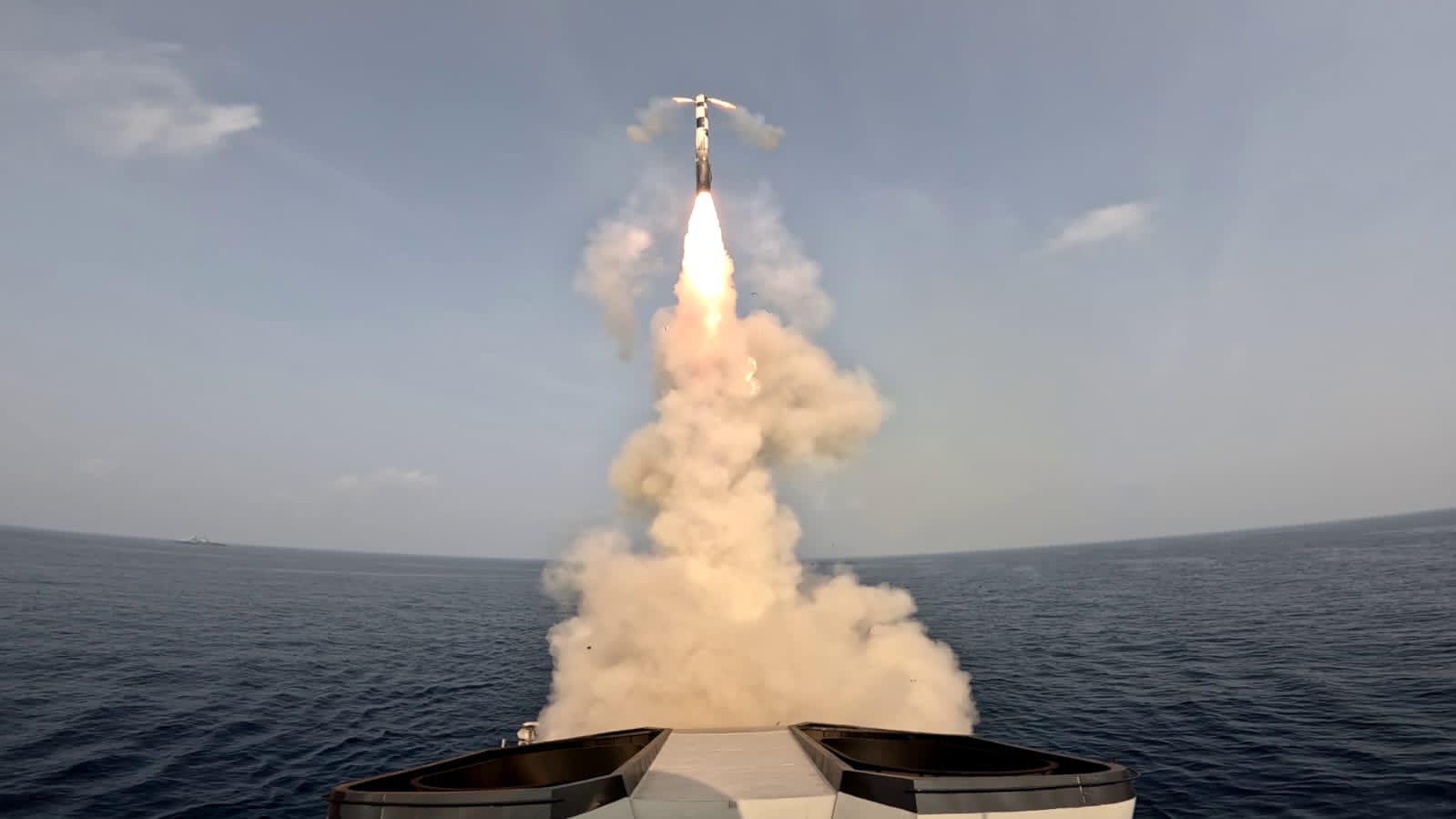As one of the longest communication blockades recently ended in Kashmir and the “Free Kashmir” narrative spread across the sub-continent, Senge H Sering, an activist from Gilgit-Baltistan (GB) has expressed the desire of the people of GB to join India.
No Place For Muslims – Islamic Politicians Take A Dig At Indian Citizenship Bill
Jammu and Kashmir, including Gilgit-Baltistan due to its physical contiguity with India and Pakistan, water resources, physical access with the Great Silk Route (Ancient Economic trade route, Starts from China, runs to Europe via Central Asia) has a great geopolitical, economic, strategic and military importance for both countries.
Since the partition of British India in 1947, New Delhi has kept a close eye on the “strategically indispensable” region of Gilgit-Baltistan which is currently administered by Pakistan.
Why India Must Think Twice Before Blindly Supporting US Ambitions To Counter A Rising China?
Post the abrogation of article 370, Indian defence minister Rajnath Singh asserted that the next agenda of the Modi government is to retrieve the parts of Kashmir under Pakistan and also emphasized that if there will be any talks with Pakistan, it will be on Pakistan-occupied-Kashmir.
Senge H Sering, a political activist from Gilgit-Baltistan urged New Delhi to regain control of the region and save its people from the “brutal colonial reign of Pakistan”. He also highlighted the plight of the people of Gilgit-Baltistan that is under the constant scare of terrorism sponsored by the Pakistani Army.
Situated at the convergence of three great mountain ranges – the Karakoram, Himalayans, and the Hindu Kush – Gilgit-Baltistan is an important geostrategic site. The region effectively provides Pakistan with direct and free land access to its ally China through Xinjiang via the Karakoram Highway.
INS Vikramaditya – Russian Build Aircraft Carrier Is A Disaster? OpEd
China’s ambitious $60 billion China-Pakistan Economic Corridor (CPEC) infrastructure program that is a vital component of its transcontinental Belt and Road Initiative (BRI) passes through this region. Through this economic corridor project, Pakistan has become China’s gateway to the world’s energy market.
Speaking at the 43rd session of United Nations Human Rights Council, Sering who is also the director of the Institute of Gilgit-Baltistan Studies, underlined that the people of the province continue to be the citizens of India and are under persecution by the Pakistan military.
Senge H Sering:70 yrs ago UNSC asked India to station troops in J&K to protect locals. Today as native of Gilgit-Baltistan & Jammu Kashmir,I request India to resume constitutional responsibility&acquire control of Gilgit-Baltistan to save us from brutal colonial reign of Pakistan
— ANI (@ANI) March 6, 2020
Sering recalled the time when the United Nations Security Council had asked the Indian troops to be stationed in Jammu and Kashmir for the protection of the locals and stabilize the region. Today, a similar move is needed to protect the people of Gilgit-Baltistan, says Sering.
Gilgit-Baltistan, for long, has virtually cut India off from accessing the mineral and energy-rich markets of Central Asian countries including Uzbekistan, Kazakhstan, and Turkmenistan, as well as Afghanistan.
India Endorses, Pakistan Rejects Middle-East Peace Plan Between Israel & Palestine
The activist further highlighted the threats issued to the locals of GB who are trying to protect the natural resources of the region in a peaceful manner. The threats according to Sering includes abduction, murder and economic isolation.
With inputs from Indian news Agency, ANI





